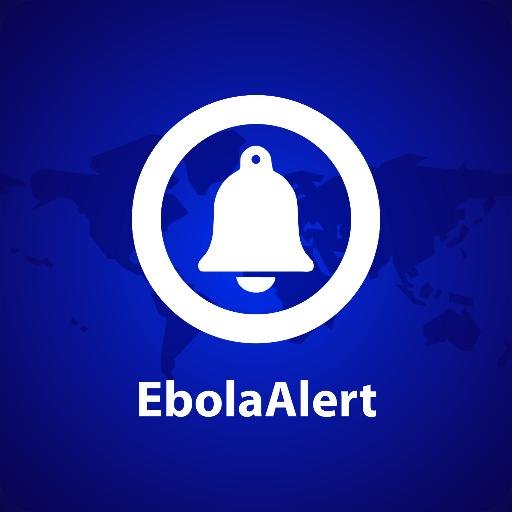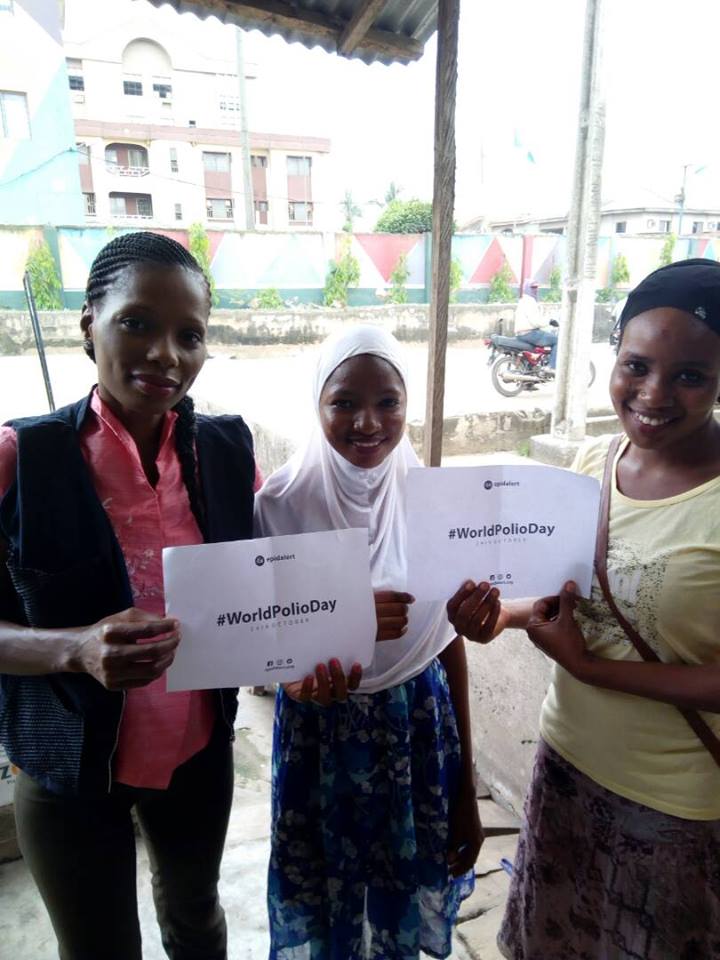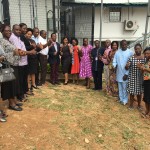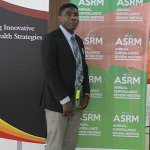Warning: Illegal string offset 'source_type' in /home/mychutej/public_html/blog/wp-content/plugins/egany-facebook-to-wp/egany_facebook_to_wordpress.php on line 1099
The Expert Review Committee (ERC) for Polio Eradication and Routine Immunization in Nigeria lauded the polio eradication programme for its impressive progress
The Expert Review Committee (ERC) for Polio Eradication and Routine Immunization in Nigeria meets periodically to evaluate progress towards the attainment of a polio-free Nigeria and provides guidance to the government and partners, this year at their 35th session, the ERC lauded the polio eradication programme for its impressive progress.
A summary of the ERC’s report which was centered around the findings, risks, challenges, and recommendations of the team was presented by Dr. Pascal Mkanda, the polio eradication programme coordinator of the World Health Organization (WHO) regional office for Africa.
How We Engaged Communities On World Polio Day
Dr. Mkanda began the presentation by commending Nigeria on going 18 months without any new case of the wild Polio virus and he is optimistic that Polio eradication can be achieved during the lifetime of the present government administration.
Progress Despite volatile state of security in Borno
The ERC appreciated the hard work of front end workers in Borno state as well as other places with challenges of insecurity where the lives of the workers were at risk on the field. The team lauded the impressive progress made with the help of the military to reduce the amount of children unreached in the areas from 161,000 children in september 2017 to 104,000 by December 2017, a great feat to achieve in the space of four months.
Success of the Programme is Highly Dependent on Access
The ERC said that reaching children trapped in the compromised area of Borno is paramount to the success of the programme, the ERC commends the effort of the Nigeria army in reaching these children, and recommends that the Nigerian government implement the reaching inaccessible children (RIC) strategy in conjunction with the Nigerian army by June/July before the start of the raining season with emphasis on prioritizing LGAs with larger percentage of unreached children in order to reduce the number of children in these areas.
Learn More About Polio And How To Stay Safe
Bridging the Gap in Cross-Border Operations
The issue of insecurity hasn’t only affected operations in Nigeria, but also has a bearing on cross-border activities, the ERC expressed concerns that about 178 Nigerian islands in the Lake Chad basin aren’t reached with immunization and surveillance, and recommends that the programme explore the possibility of accessing these areas in liaison with the joint armed force of the neighboring countries. The ERC also urged the programme to liaise with the Chadian task team to profile children immunized so as to provide evidence to guide the programme activities by giving an idea of how many children are being reached from the inaccessible regions.
Maintaining a high quality of surveillance to reduce risk of Transmission
The ERC commended surveillance effort of the program, with about one fifth of cases being reported by community surveillance and increased environmental surveillance to compliment these findings, the ERC however stated that the reliability of every surveillance data is of critical importance, and recommended that the reported cases are verified, sensitivity analysis of each environmental surveillance site carried out, and that environmental samples are supervised, and monitored by polio surveillance to reduce the risk of transmission.
How We Are Using Technology to Improve Surveillance And #EndPolio
Strategies for Improving Routine Immunization and Primary Health Care
The ERC commended the innovation of the Community Health Influencers, Promoters and Services (CHIPS) and how the communication agents try to fit into this new approach of doing things, in terms of engaging the communities. The experts’ tasked the government to scale up and map out all community mobilization structures; provide a financial resources needed for the CHIPs; and sustain traditional and religious leaders’ engagement for routine immunization and Primary Healthcare system strengthening.
The ERC also urged the Nigerian programme to fully implement a previous recommendation on the launch of an intensive advocacy and communication campaign, highlighting the devastating burden of under 5 deaths in Nigeria due to low vaccination coverage at all levels
On a final note, acknowledging the effort being made towards the finalization of the country polio transition plans, and the financial resources needed to implementing these plans, and the ERC urged government and partners to mobilize the needed resources needed to implement the polio transition plans.













Leave a Reply